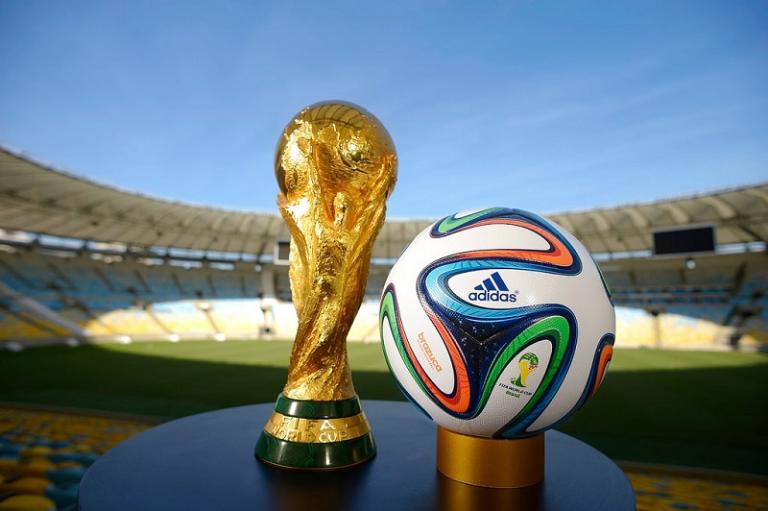 For the first time since 1994, the FIFA World Cup will be coming to North America in 2026. The United States, Mexico and Canada combined their bids to win the hosting rights over Morocco by a landslide victory of 134 to 65. The 2026 World Cup will be the first time that the World Cup is hosted simultaneously by three countries. Ten of the 80 matches will be held in Canada and another 10 will be held in Mexico, but the United States will host the lion’s share of the tournament with 60 matches being held in America. Those 60 matches will include the final which is currently set to be held in New Jersey’s MetLife Stadium.
For the first time since 1994, the FIFA World Cup will be coming to North America in 2026. The United States, Mexico and Canada combined their bids to win the hosting rights over Morocco by a landslide victory of 134 to 65. The 2026 World Cup will be the first time that the World Cup is hosted simultaneously by three countries. Ten of the 80 matches will be held in Canada and another 10 will be held in Mexico, but the United States will host the lion’s share of the tournament with 60 matches being held in America. Those 60 matches will include the final which is currently set to be held in New Jersey’s MetLife Stadium.
The last World Cup to take place in North America was the 1994 tournament in the United States. Mexico hosted in 1986 and 1970 prior to that, but 2026 will be the first time that any part of the World Cup has been held on Canadian soil.
The so-called United Bid was an unusual moment in a time of divisive politics when the presidents of all three nations worked in unity for a single common cause. Despite the landslide victory for North America, Morocco complained about the United Bid’s proposal until the very end. “The United Bid is proposing an offer that is mainly a business proposal,” said Moroccan official Moncef Belkhayat. “Their offer is based on dollars, on profit, while Morocco is offering an offer that is based on passion for [soccer,] for development of [soccer]–not only in Morocco, but also in Africa.”
While the North American bid’s promise of a record profit of $11 billion undoubtedly lent the United Bid some weight, Morocco was the underdog when it came to logistical and practical concerns as well as profit. The 2026 World Cup is set to be the first to involve 48 teams, a significant increase over the current 32 teams involved. Hosting such a massive event would be an incredible undertaking for any host, especially a single country. In order to be prepared for the event, Morocco would have to spend billions of dollars to build nine stadiums, significantly renovate five others and build the numerous hotels, highways, rail links and facilities necessary to host a tournament that draws more than a thousand players and millions of fans. All of this would have to be done in eight years. North America’s bid had the advantage of offering the resources of three different countries and the developed infrastructure of each which would need far less work to be able to support the sudden influx of soccer fans.
Despite Morocco’s passionate argument, the combination of practicality and profit carried the day. FIFA will be returning to North America for the first time in decades, and millions of fans will enjoy the game they love on the continent on the western side of the Atlantic. No word yet as to what to expect on the inevitable debate over whether it is called “football” or “soccer” when the tournament eventually arrives on U.S. soil, though it will undoubtedly be interesting.


